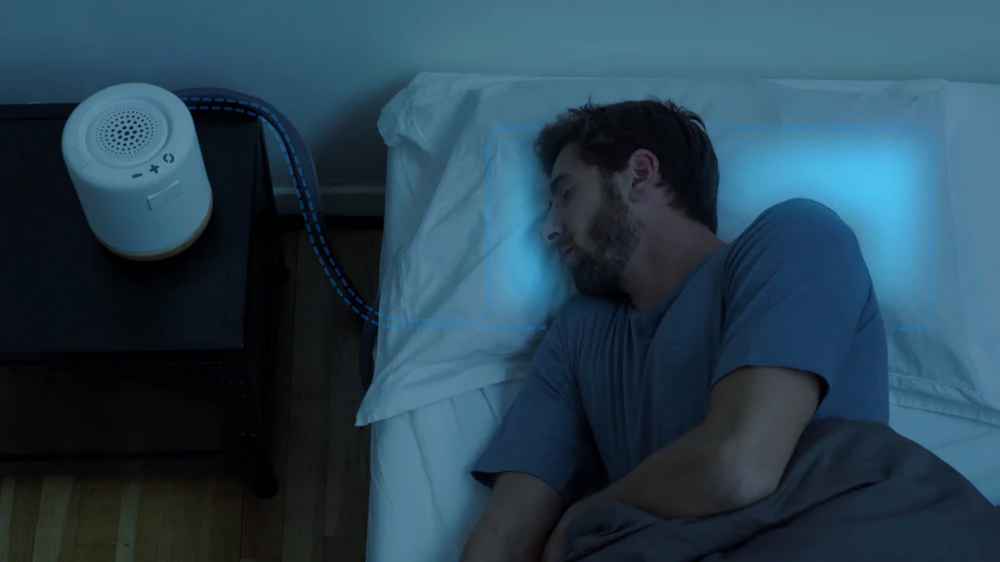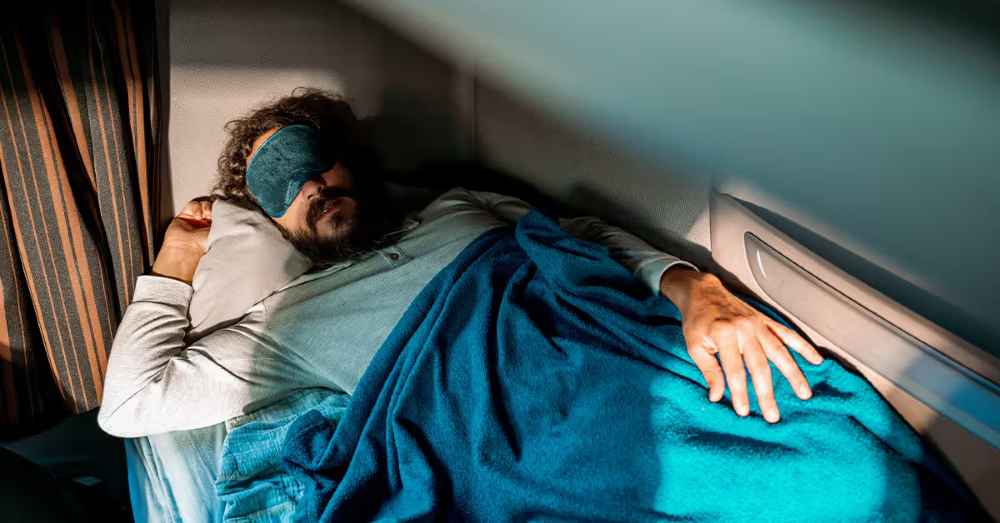The Centers for Disease Control and Prevention have previously estimated that 35% of US adults experience insufficient sleep regularly, increasing the likelihood of various health issues, including stroke.

A new study conducted by researchers from the Hinda and Arthur Marcus Institute for Aging Research highlights the importance of optimizing bedroom temperature to decrease stroke risk
Dr. Amir Baniassadi and his team examined the impact of ambient temperature on sleep among older individuals to help decrease stroke risk. Data from wearable sleep monitors and environmental sensors were collected during nearly 11,000 nights of sleep by 50 participants. The findings, published in the journal Science of the Total Environment, emphasized that maintaining nighttime ambient temperatures between 68 to 77 degrees Fahrenheit led to the most efficient and restful sleep for older adults to decrease stroke risk.
In contrast, as the temperature rose from 77 to 86 degrees Fahrenheit, there was a concerning 5% to 10% decrease in sleep efficiency, which could potentially increase the risk of stroke. Dr. Baniassadi stressed the significance of adjusting home thermal environments according to individual preferences and needs to decrease stroke risk.
The study also revealed variations in optimal bedroom temperature preferences among participants
This reinforces the relevance of personalized solutions for better sleep quality. The research noted that certain partners opting for separate sleeping arrangements, a “sleep divorce,” can contribute to improved sleep when one partner faces sleep disorders that impact the other.
As the investigation continues to decrease stroke risk, researchers plan to explore the effects of warmer climates on sleep for low-income older adults, aiming to develop interventions that optimize sleep environments. In addition to temperature considerations, maintaining good sleep hygiene, such as avoiding late-night consumption of food, alcohol, and caffeine, can further decrease stroke risk and improve overall sleep quality.
READ ALSO: Tim Mapes Found Guilty: Verdict Deals Another Blow To Madigan’s Political Legacy




